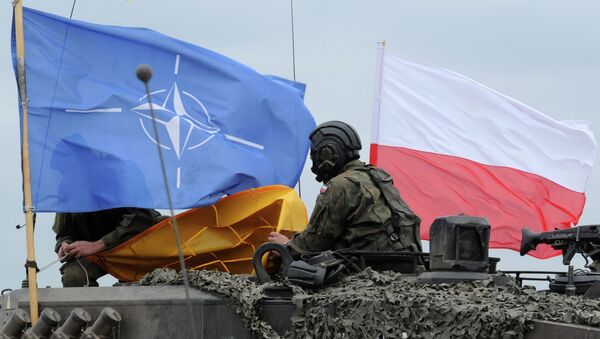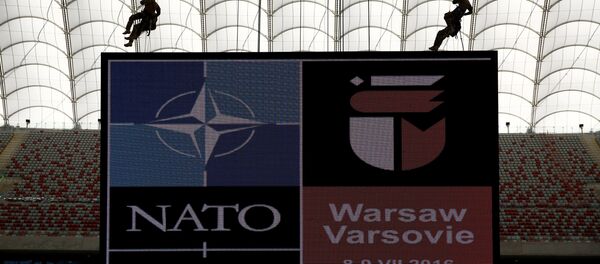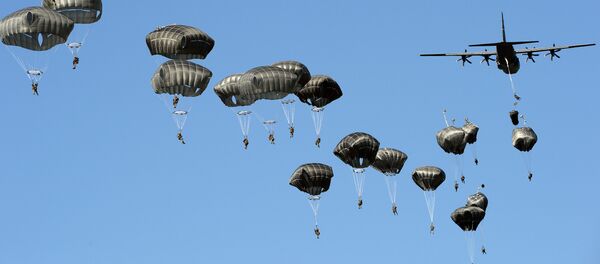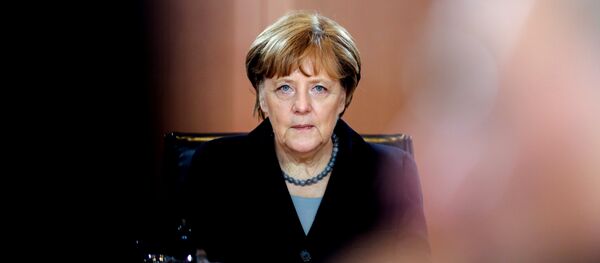"We can forget about fear" even though Russia is taking steps that are a threat to regional and wider peace, he said in an interview with Associated Press.
According to the minister, after NATO troops are deployed to Poland the country will be a "full member" of NATO.
"Not only a political one, but one that we have always very much wanted to be, one that the Poles have waited 70 years to be. We will be fully protected by a joint force," Macierewicz underscored.
The Polish ruling Law and Justice party has long insisted that Warsaw should be a full-fledged NATO member, Stanislav Stremidlovsky, observer of Regnum information agency, said.
"Poland wants to decrease Berlin’s influence on its policy, especially when it comes to defense. Warsaw wants to cooperate directly with Washington," he told Svobodnaya Pressa.
According to him, Poland and the Baltics have cited the "Russian threat," making an enemy of Moscow, in a bid to justify to NATO their inaction in other fields, including fighting against Daesh in the Middle East and against terrorism in Europe.
"They are portraying Russia as a threat to their existence regardless of the level of relations between Moscow and NATO at the moment," he added.
Antoni Macierewicz is known as an avid russophobe, but even in Poland his ideas are not popular, Vadim Trukhachev, a lecturer at the Russia State University for the Humanities, noted.
According to him, NATO will deploy temporary contingents to Poland and the Baltics.
The expert added that in addition to Poland and the Baltics there are fears of Russia in some Northern European countries, including in Finland, Denmark, Sweden, and Norway.
"But none of these countries sees Russia as the primary threat," he underscored.
"In turn, Poland wants to play significant role in European politics. But it doesn’t have sufficient resources. This is why Poland as well as the Baltics is exploiting the 'Russian threat' to seek support from NATO and the EU," he concluded.





